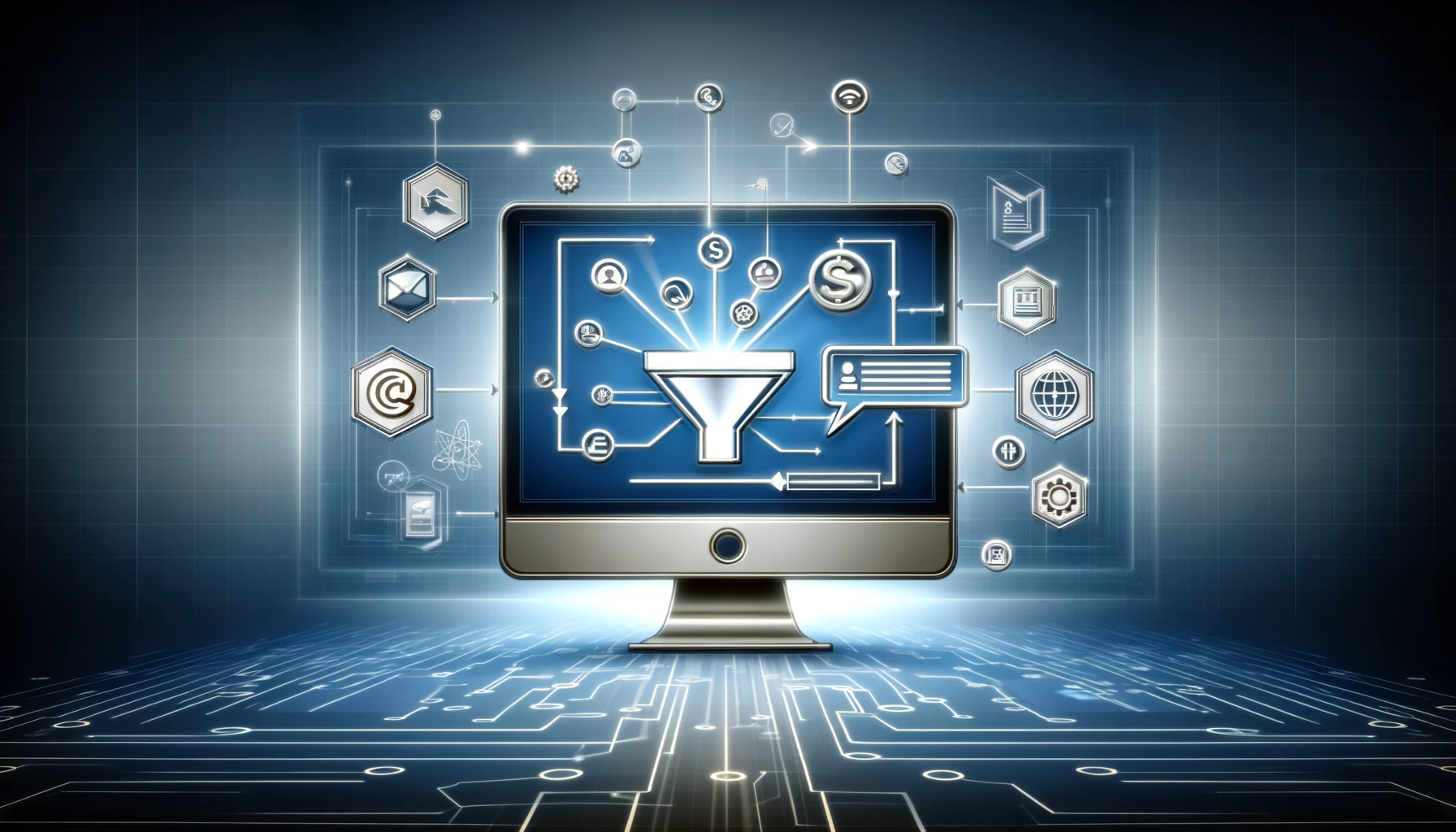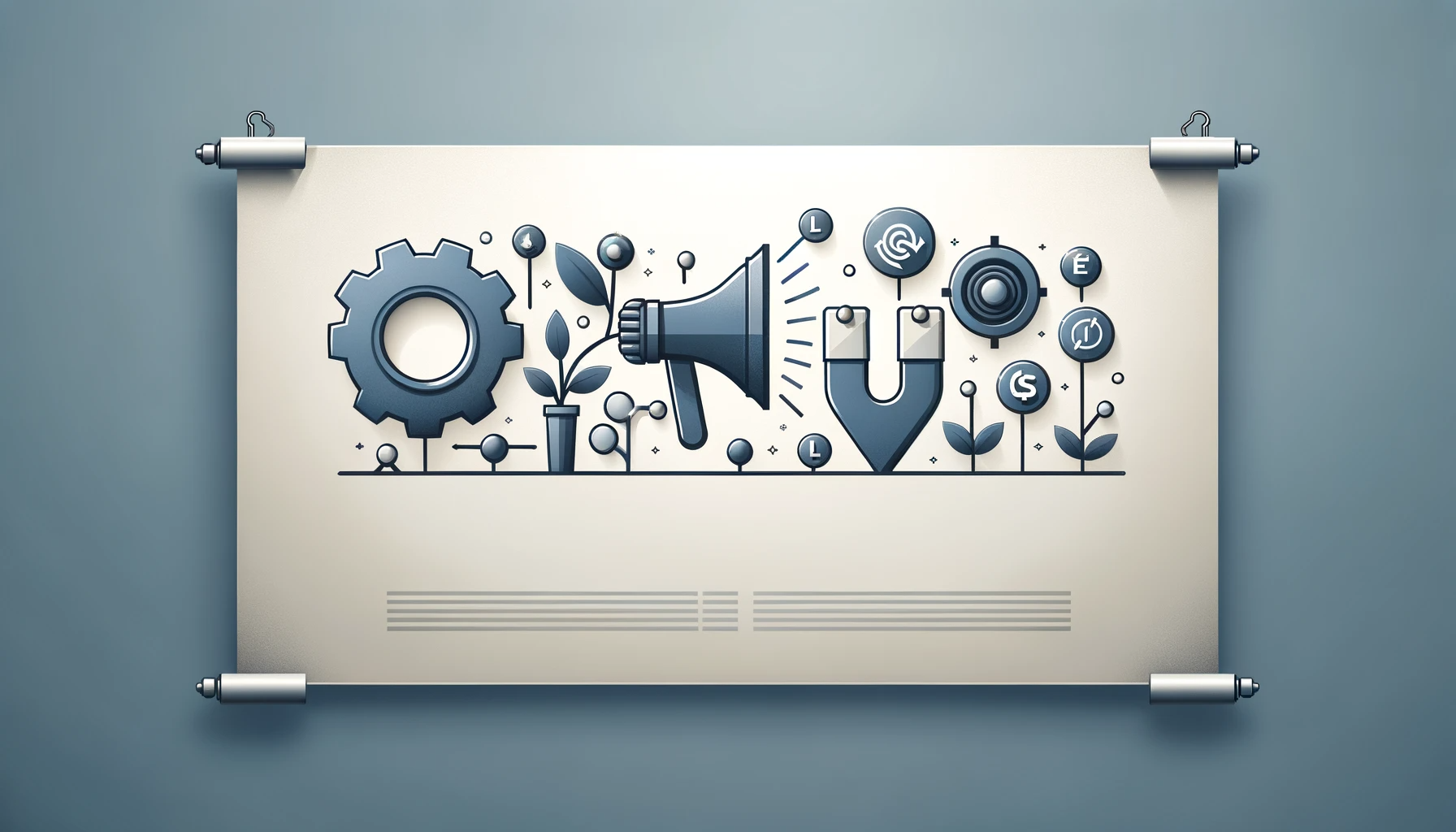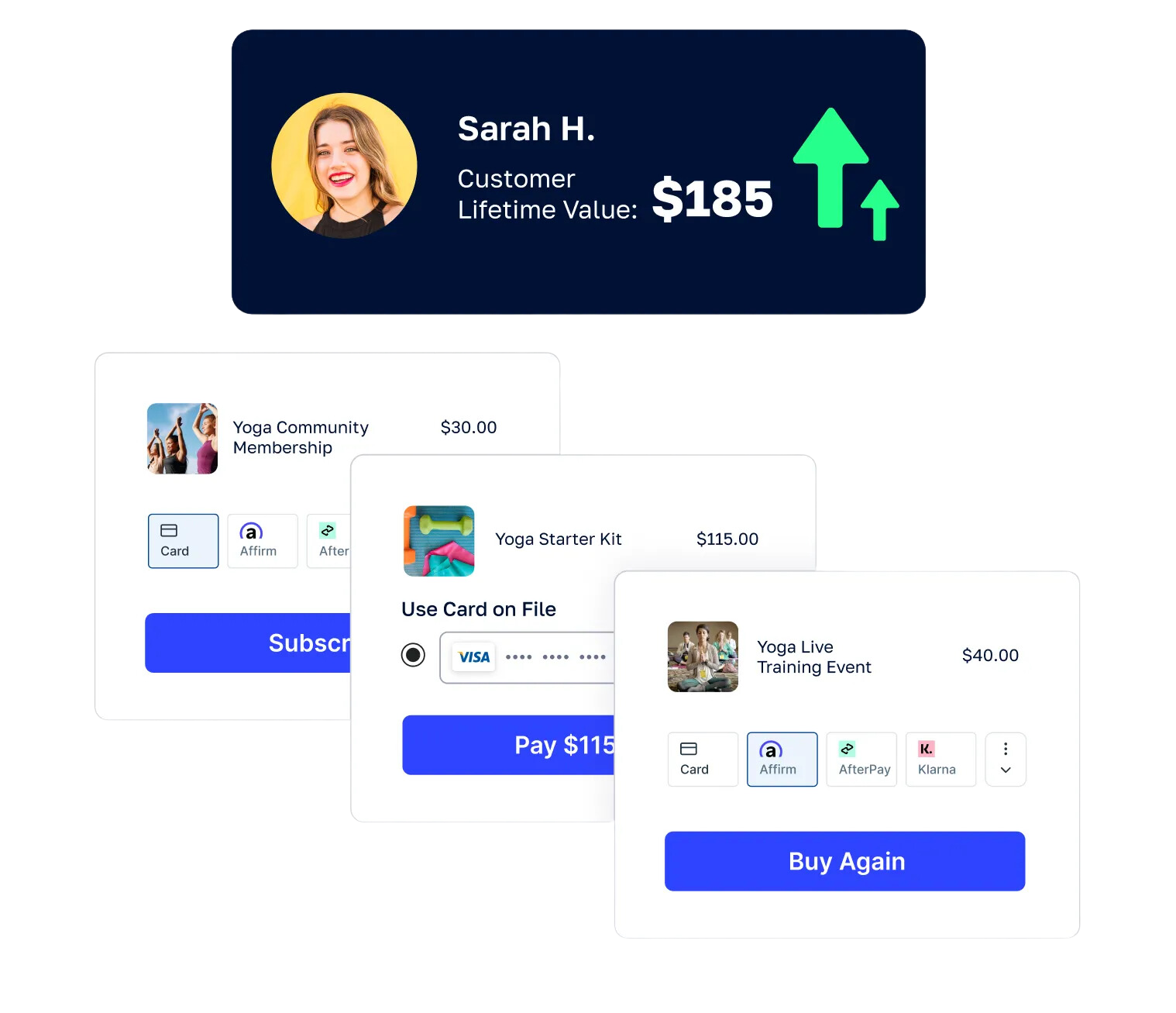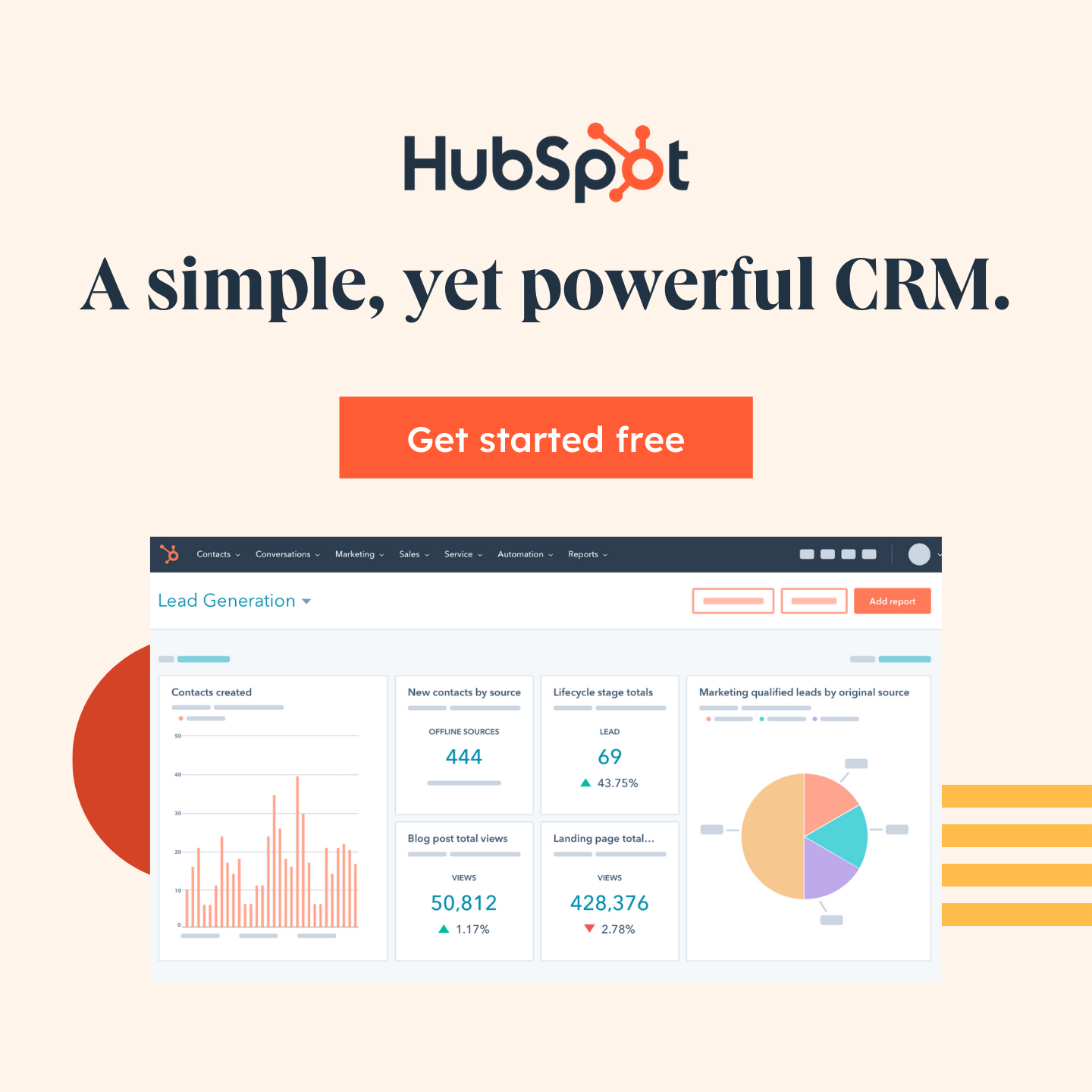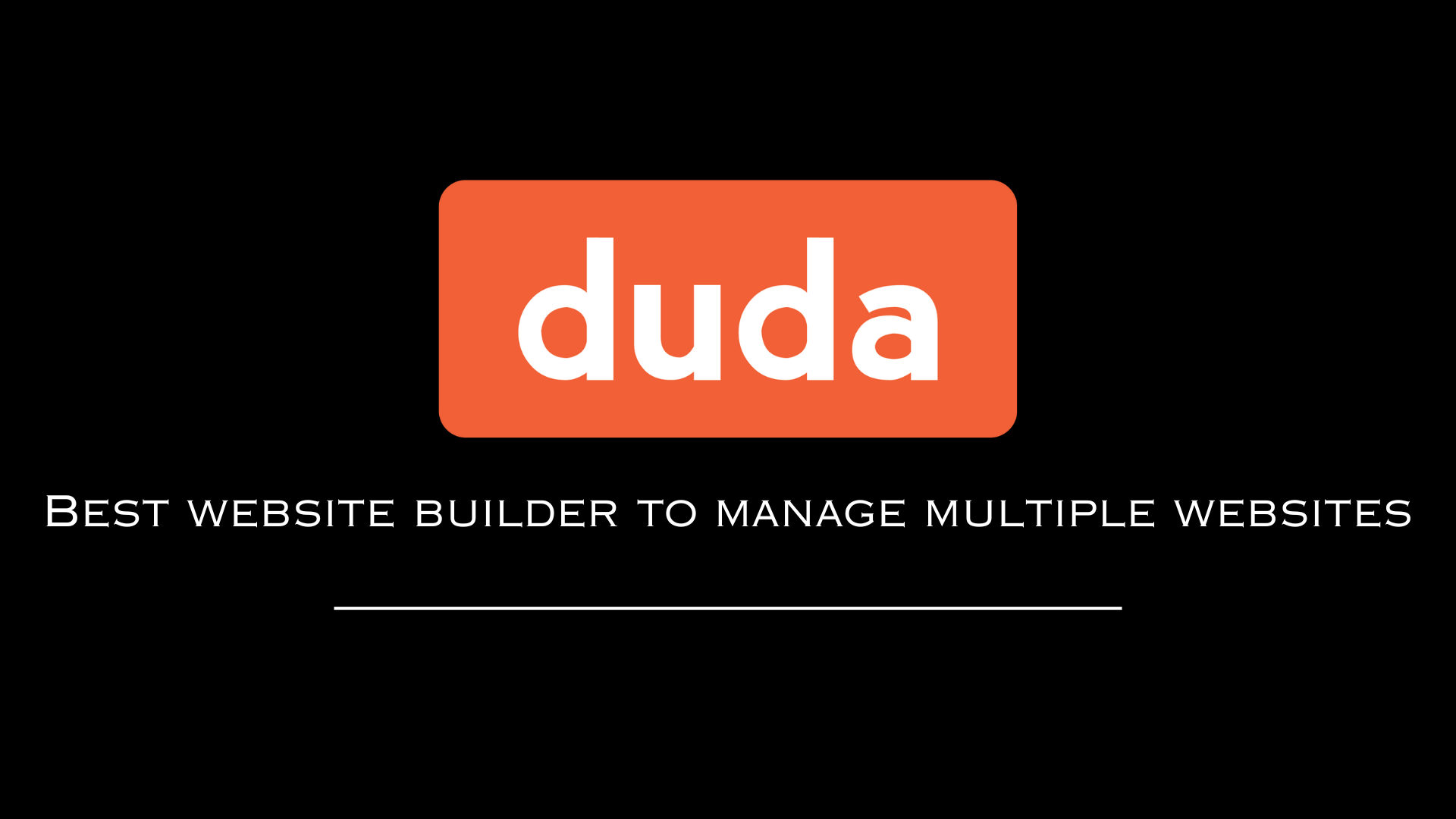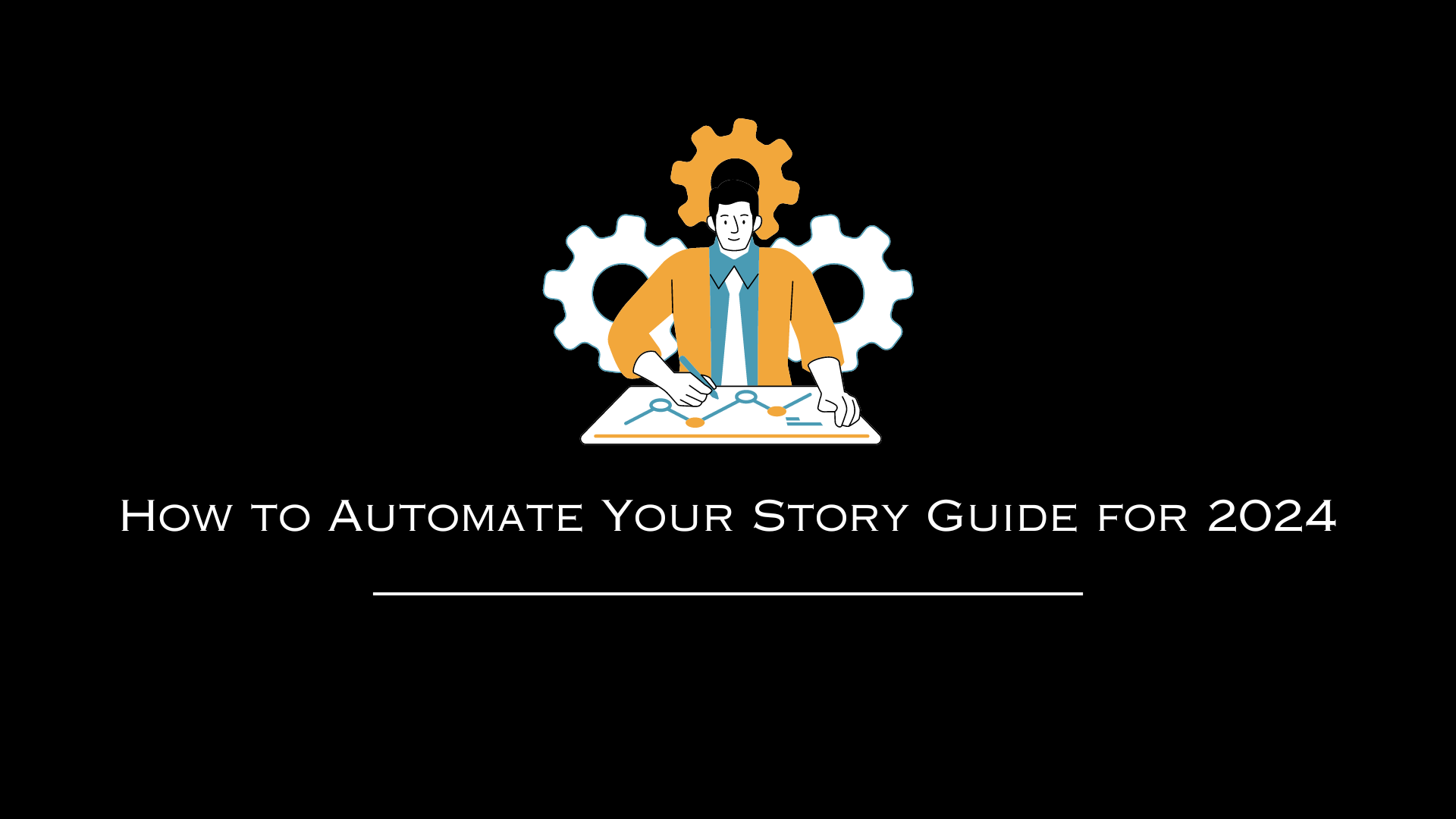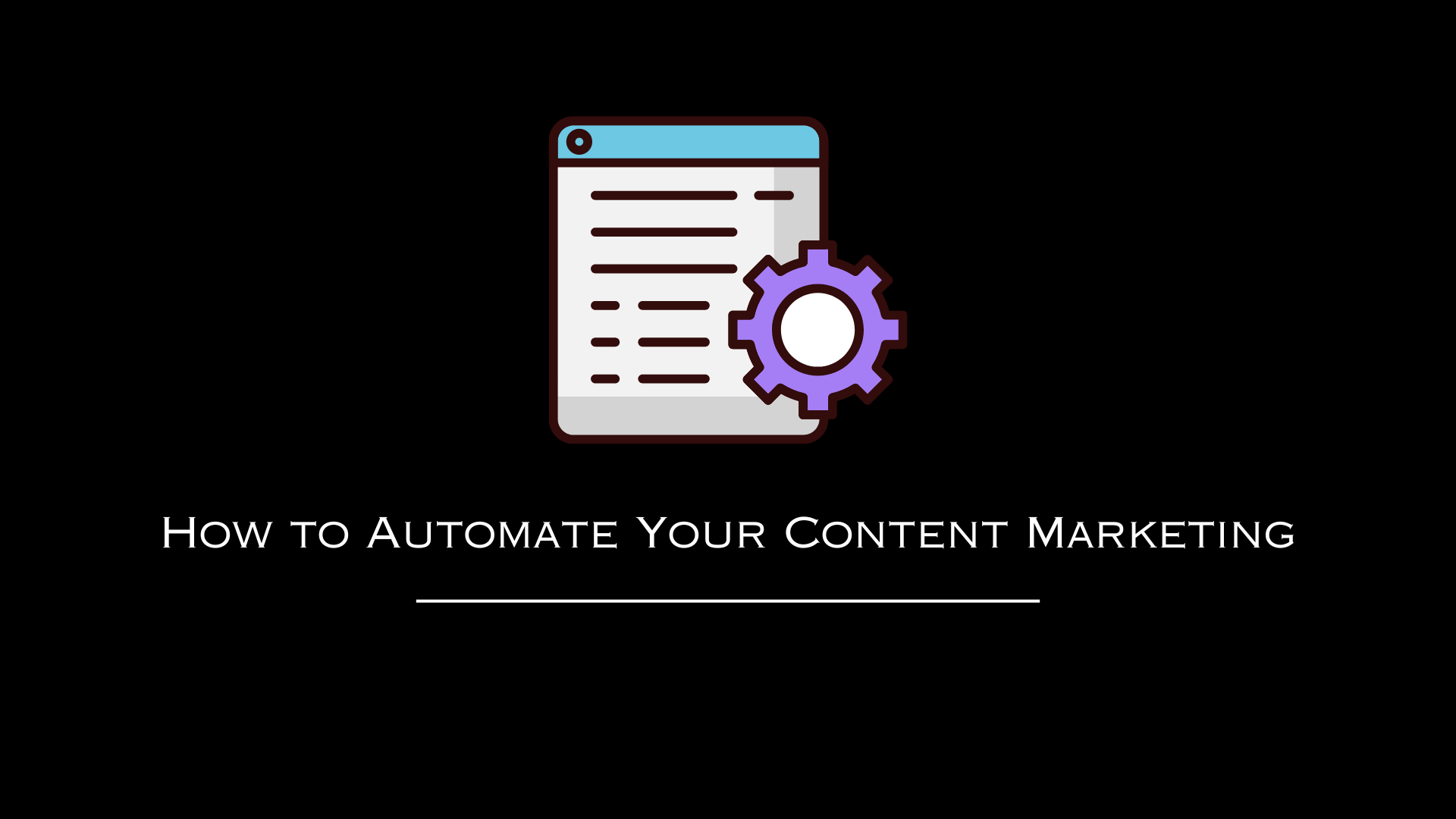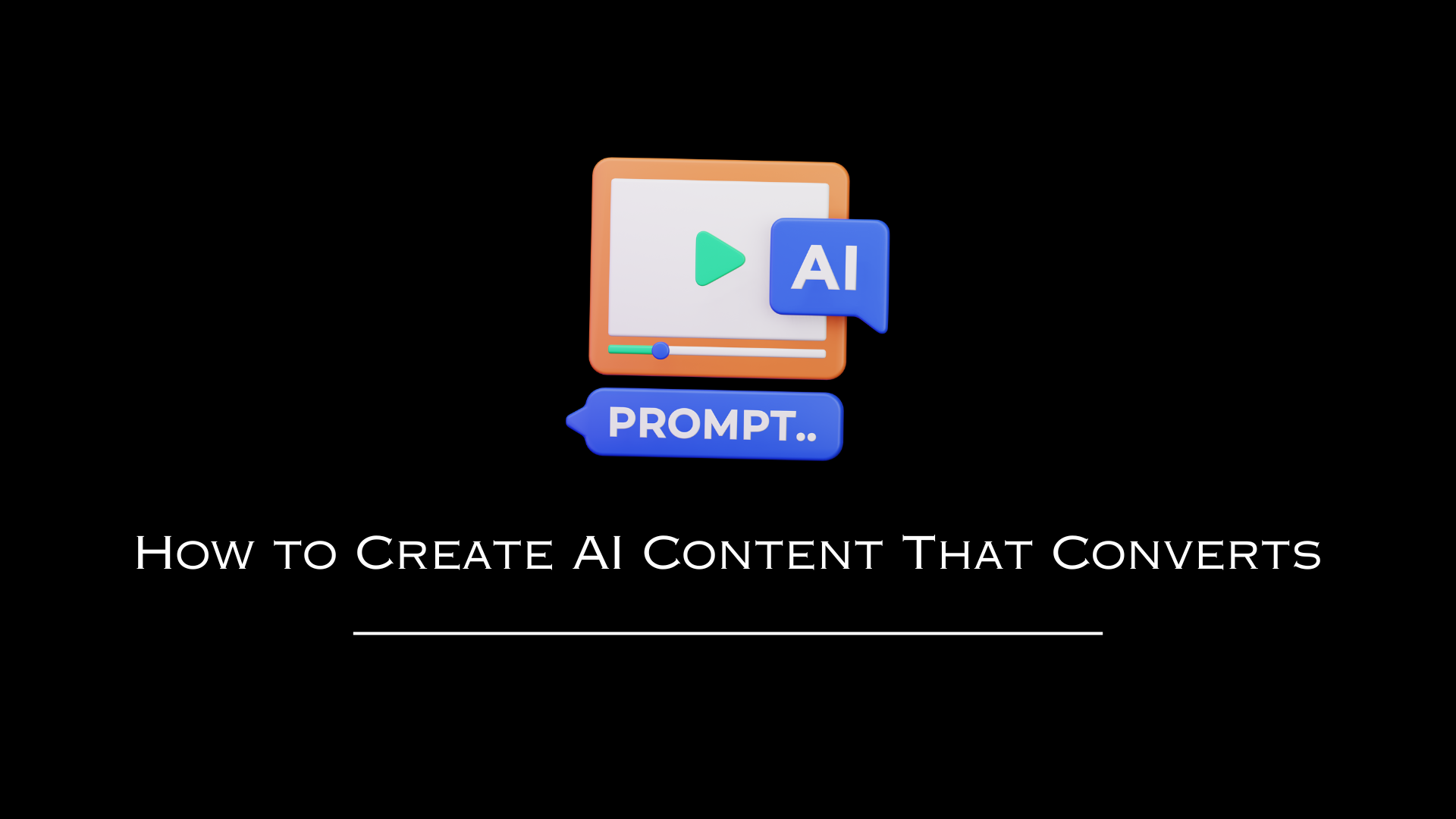AutomationLinks
This blog post has been researched, edited, and approved by expert Hannah Peake. Join our newsletter below to get our free marketing guides.
Here are four simple tips for Lead Generation with Marketing Automation:
- Leverage Automated Campaigns: Utilize marketing automation tools like MailerLite to send targeted and timely automated email campaigns. This helps in maintaining consistent engagement with prospects and efficiently moves leads through the sales funnel.
- Personalize and Segment Your Audience: Employ personalization in your marketing messages and segment your audience for more effective communication. Tailor your campaigns to match the specific interests and behaviors of different audience segments, enhancing relevance and engagement.
- Choose the Right Marketing Automation Tool: Select a marketing automation tool that aligns with your business goals, size, and industry. Consider factors like integration capabilities, ease of use, and specific features like CRM integration and analytics. Tools like HubSpot are recommended for their comprehensive CRM capabilities.
- Regularly Analyze and Adjust Strategies:
Continuously monitor key performance indicators (KPIs) like Lead Conversion Rate and Click-Through Rate (CTR) to assess the effectiveness of your marketing automation efforts. Use the insights from data analysis to refine and optimize your lead generation strategies.
Table of contents
Introduction
The Evolution of Lead Generation in the Digital Era
Unpacking Marketing Automation
How Marketing Automation Enhances Lead Generation
Strategies for Implementing Marketing Automation
Measuring and Analyzing the Impact
Conclusion
The Transformative Power of Marketing Automation
Did you know that businesses using marketing automation to nurture leads experience a whopping 451% increase in qualified leads? This staggering statistic not only highlights the effectiveness of marketing automation but also underscores its transformative role in the realm of lead generation.
Understanding Marketing Automation
In today's fast-paced digital world, marketing automation has emerged as a crucial tool for businesses of all sizes. At its core, marketing automation is about using software to automate marketing activities. It helps companies streamline, automate, and measure marketing tasks and workflows, so they can increase operational efficiency and grow revenue faster. From email marketing to social media posts and even ad campaigns, marketing automation enables a more targeted, personalized approach to marketing.
The purpose of this article is twofold: firstly, to demystify the concept of marketing automation and its impact on lead generation; secondly, to provide you with actionable insights on how to leverage these tools for more effective lead generation. Whether you're a small business owner, a marketing professional, or simply curious about the latest trends in digital marketing, this guide is designed to help you understand and implement marketing automation strategies to enhance your lead generation efforts.
Connect With Us On X
Connect with AutomationLinks owner Brad Smith on X (formerly Twitter) here to learn more about advertising. Feel free to message him with any questions about X advertising and marketing.
Lead Generation in the Digital Era
Lead generation has undergone a seismic shift from traditional methods to modern, technology-driven strategies. In the past, lead generation relied heavily on methods like cold-calling, print ads, and direct mail - tactics that often cast a wide net with the hope of catching a few interested prospects. These methods were not only resource-intensive but also lacked precision and personalization. The digital era, on the other hand, has ushered in a new wave of lead generation strategies. Today, businesses leverage online channels such as social media, search engines, and email marketing to attract and engage potential customers. This shift towards digital strategies has transformed lead generation from a game of chance to a targeted and data-driven approach.
The Pivotal Role of Technology in Reshaping Lead Generation
The advancement of technology has been the primary catalyst in this evolution. Tools and platforms powered by artificial intelligence, big data analytics, and machine learning have revolutionized how businesses identify and attract potential leads. These technologies enable businesses to analyze vast amounts of data to identify patterns and insights, leading to more effective targeting and personalization of marketing efforts. As a result, the efficiency and effectiveness of lead generation activities have increased dramatically, allowing businesses to reach the right audience with the right message at the right time.
- Embrace Digital Channels: Prioritize digital platforms like social media, SEO, and email marketing for broader and more targeted outreach.
- Utilize Data Analytics: Use data-driven insights to understand customer behavior and preferences, enhancing the effectiveness of your lead generation strategies.
- Personalize Your Approach: Tailor your messaging and content to meet the specific needs and interests of your target audience.
- Invest in Automation Tools: Implement marketing automation tools to streamline your lead generation processes and ensure consistent engagement with prospects.
- Stay Up-to-Date with Technology: Keep abreast of the latest technological advancements and incorporate them into your lead generation tactics to stay competitive.
Unpacking Marketing Automation
Marketing Automation refers to the use of software and technology to automate, streamline, and measure marketing tasks and workflows. This approach enables businesses to increase operational efficiency and grow revenue more rapidly. Essentially, marketing automation takes repetitive tasks such as email marketing, social media posting, and ad campaigns, and automates them to create a more efficient and targeted marketing strategy. The goal is not just to automate tasks but to personalize marketing communications to nurture leads more effectively and convert them into loyal customers.
Essential Features of Marketing Automation Tools
The power of marketing automation lies in its diverse features, which cater to various aspects of a marketing strategy. One of the key features is email automation, exemplified by tools like MailerLite. MailerLite enables businesses to send automated, personalized emails to different segments of their audience, ensuring relevant and timely communication. This can significantly enhance engagement and conversion rates. Another cornerstone of marketing automation is Customer Relationship Management (CRM) integration, with platforms like HubSpot standing out. HubSpot's CRM capabilities allow businesses to manage and analyze customer interactions and data throughout the customer lifecycle. This integration leads to improved business relationships and a deeper understanding of customer needs.
- Leverage Email Automation Wisely: Use tools like MailerLite to segment your audience and tailor your email campaigns to match their interests and behaviors.
- Integrate CRM for Deeper Insights: Utilize CRM platforms like HubSpot to gather valuable data on customer interactions, which can be used to enhance future marketing efforts.
- Focus on Personalization: Use the data gathered from your marketing automation tools to personalize your marketing messages, making them more relevant to your audience.
- Monitor and Analyze Results: Regularly review the analytics provided by your automation tools to understand what's working and what needs adjustment.
- Keep Content Relevant and Engaging: Ensure that the automated content, whether emails or social media posts, is high-quality, engaging, and relevant to your audience's interests.
How Marketing Automation Enhances Lead Generation
One of the most significant advantages of marketing automation is its ability to run automated campaigns, which play a crucial role in effective lead generation. These campaigns use predefined rules and triggers to send timely and relevant messages to potential customers. For instance, when a user signs up for a newsletter or downloads a resource from a website, an automated campaign can kick in to send a series of follow-up emails. This approach ensures that businesses maintain consistent and meaningful contact with their leads without the need for manual intervention at every step. Automated campaigns are particularly effective in nurturing leads because they provide timely information and reminders, helping to move leads smoothly through the sales funnel from initial awareness to the decision-making stage.
Personalization and Segmentation: Key to Effective Marketing
The effectiveness of marketing automation is further enhanced by personalization and segmentation. Personalization involves tailoring marketing messages to meet the specific needs, interests, and behaviors of individual leads. This is where marketing automation tools excel, as they can analyze customer data to create highly personalized content. For example, sending a birthday discount to a customer or a personalized product recommendation based on past purchases. Segmentation, on the other hand, involves dividing the audience into different groups based on certain criteria like demographics, behavior, or purchase history. This allows businesses to tailor their messaging and offers to suit each segment, resulting in more relevant and effective communication. By combining personalization with segmentation, marketing automation enables businesses to send the right message to the right person at the right time, significantly increasing the chances of conversion.
- Set Clear Objectives for Automated Campaigns: Define what you want to achieve with each campaign, whether it's nurturing leads, re-engaging dormant customers, or promoting a new product.
- Utilize Data for Personalization: Leverage customer data to create personalized experiences. This could range from addressing customers by name in emails to recommending products based on past purchases.
- Segment Your Audience Strategically: Create segments based on meaningful criteria and tailor your campaigns to resonate with each group.
- Test and Optimize Your Campaigns: Continuously test different aspects of your campaigns (like subject lines or send times) and use the insights to optimize future campaigns.
- Keep Content Relevant and Engaging: Ensure that the content in your automated campaigns is both relevant to the recipient and engaging enough to prompt action.
Strategies for Implementing Marketing Automation
Choosing the right marketing automation software is crucial for the success of your digital marketing efforts. The ideal tool should not only align with your business's size and industry but also accommodate your specific marketing goals and budget. When evaluating different marketing automation options, consider factors like ease of use, scalability, integration capabilities, and the level of customer support offered. It's also important to assess the software's core features, such as email automation, CRM integration, lead scoring, and analytics, to ensure they meet your needs. Tools like HubSpot, and MailerLite are popular choices, each offering a unique set of features suitable for different types of businesses. Before making a decision, take advantage of free trials or demos to get a hands-on feel of how the tool works and how it fits into your marketing strategy.
Integrating Marketing Automation with Existing Strategies
Integrating marketing automation tools with your existing marketing strategies is key to creating a cohesive and efficient marketing ecosystem. To start, map out your current marketing processes and identify areas where automation can add value or streamline operations. Ensure that the chosen tool can seamlessly integrate with other platforms you're using, such as your CRM system, social media platforms, and analytics tools. The integration should facilitate a smooth flow of data across systems, enabling a more comprehensive view of customer interactions and behaviors. Additionally, it's important to train your team on how to use the new tools effectively. This includes understanding how to create automated campaigns, analyze data, and adjust strategies based on insights gathered. Regular review and optimization of your automated processes are crucial to ensure they remain aligned with your overall marketing objectives and continue to deliver the desired results.
- Conduct Thorough Research: Explore various marketing automation tools and evaluate their features against your business needs.
- Ensure Compatibility: Check that the tool integrates well with your existing marketing tools and software.
- Train Your Team: Educate your marketing team on how to use the automation tools effectively.
- Start Small and Scale: Begin with basic automation features and gradually expand as you become more comfortable and knowledgeable.
- Regularly Review and Optimize: Continuously monitor the performance of your automated campaigns and make adjustments as necessary to improve efficiency and effectiveness.
Measuring and Analyzing the Impact
Measuring the success of your marketing automation efforts is critical to understanding its impact and value. Key Performance Indicators (KPIs) provide quantifiable measures to assess the effectiveness of your lead generation strategies. Essential KPIs to track include Lead Conversion Rate, which measures the percentage of leads that convert into customers; Click-Through Rate (CTR) on your automated emails or ad campaigns, indicating the effectiveness of your messaging; and Return on Investment (ROI), which assesses the profitability of your marketing efforts. Other important KPIs include the Cost per Lead, measuring the cost-effectiveness of your lead generation campaigns, and the Engagement Rate, which reflects how actively involved your audience is with your content. Tracking these metrics provides a clear picture of how well your marketing automation is performing and where there's room for improvement.
Adjusting Strategies Based on Data Analysis
The true power of marketing automation lies in its ability to provide actionable data, which can be used for continuous strategy refinement. Regular analysis of the collected data helps you understand what resonates with your audience and what doesn’t. For instance, if certain email content is consistently yielding high open rates but low conversion rates, it might indicate that while the subject line is effective, the message content or call-to-action needs tweaking. Similarly, if a particular customer segment is not engaging with your automated campaigns, it may be time to revisit your segmentation criteria or messaging strategy. Data analysis not only helps in fine-tuning your current strategies but also provides insights for future campaigns, enabling a more data-driven and result-oriented approach to marketing.
- Set Regular Review Periods: Schedule consistent times to review and analyze your KPIs.
- Use A/B Testing: Employ A/B testing to compare different aspects of your campaigns and determine what works best.
- Be Agile in Strategy Modification: Be prepared to quickly adjust your strategies based on the insights you gain from data analysis.
- Leverage Analytics Tools: Utilize the analytics capabilities of your marketing automation tool to gain deeper insights.
- Focus on Customer Feedback: Incorporate customer feedback into your analysis to understand their preferences and pain points.
Summing Up: The Power of Marketing Automation in Lead Generation

As we've explored in this article, marketing automation stands as a pivotal tool in the modern marketer's arsenal, especially when it comes to lead generation. By automating repetitive tasks, businesses can focus on crafting more personalized and effective marketing strategies. The key benefits of using marketing automation include improved efficiency, higher conversion rates, better customer segmentation and personalization, and valuable insights through data analysis. From automated email campaigns that nurture leads to CRM integrations that offer a 360-degree view of customer interactions, marketing automation empowers businesses to create more targeted and successful marketing efforts.
Encouraging Adoption: Staying Ahead in Digital Marketing
In the ever-evolving landscape of digital marketing, staying ahead means embracing innovative tools and strategies. Marketing automation is no longer a luxury but a necessity for businesses looking to thrive in this digital era. It's a powerful way to enhance lead generation, foster customer relationships, and ultimately drive business growth. Adopting marketing automation not only streamlines your marketing efforts but also provides a competitive edge in understanding and catering to your audience's needs more effectively.
Take the Leap into Marketing Automation
If you haven't already started leveraging the power of marketing automation, now is the time to take action. Whether it's upgrading your existing marketing tools or implementing new automation strategies, the potential benefits for your lead generation efforts are immense. Begin by evaluating your current marketing processes, identifying areas for automation, and choosing the right tools that align with your business objectives. Remember, the goal is not just to automate but to personalize and enhance your marketing efforts.
AutomationLinks
AutomationLinks is a digital marketing agency located in Wilmington North Carolina. We have worked with over 6,000 businesses and nonprofits over the last 10 years. We believe in a relationship marketing approach to help you turn visitors into customers using automation.
